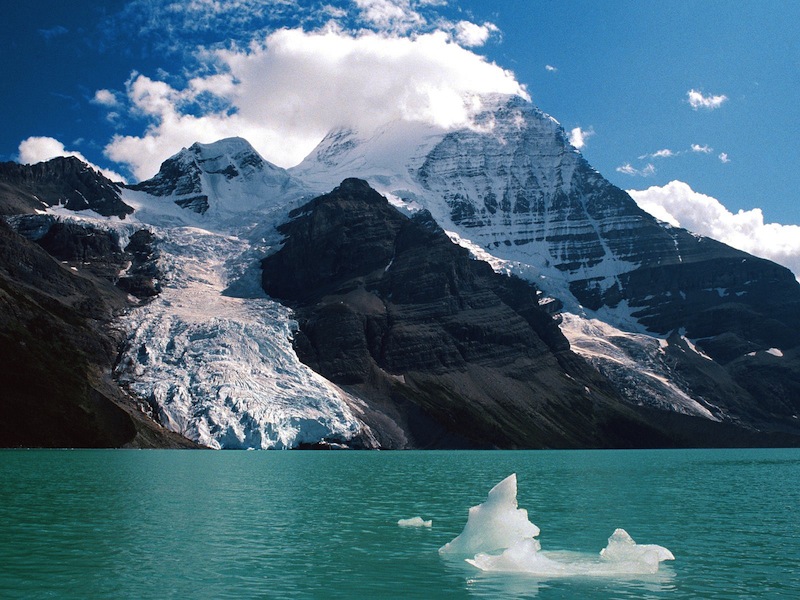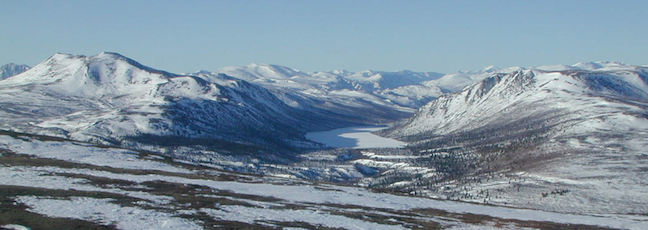Snow Tweets
Dr. Richard Kelly, Department of Geography, University of Waterloo, initiated an NSERC funded snow depth monitoring network in 2009. This network is composed of voluntary citizen scientists, students and researchers participating on the Twitter SnowTweets interface. The goal of this project is to collect extensive snow depth measurements from around the world to alleviate the costs of agency environmental monitoring. This enterprise allows participants to easily track snow depth at any location using web-based services and maps the data on an online visualization tool (Snowbird). Not only does SnowTweets allow anyone to participate in the monitoring of the global climate, the data is also used to verify the validity of satellite-based snow monitoring.
For more information, visit The Snowtweets Project webpage.
Applied Snow & Avalanche Research (University of Calgary)

The University of Calgary houses the Applied Snow & Avalanche Research group focused on the research and predication of avalanche and snow processes in Canada. The program is supervised by Bruce Jamieson, who is supported by many international collaborators, post-doctoral associates, field technicians and graduate students. Some recent research topics include the following:
- Practical modelling of solar radiation and warming effects on snowpack stability over terrain
- Fracture initiation and propagation in weak snowpack layers
- Forecasting changes in the strength and stability of weak layers from snowpack properties and meteorological variables
- Developing GIS algorithms for identifying avalanche terrain
- Correlation of shear frame, rutschblock and compression tests results with the frequency of skier triggering on the slope scale and with avalanche danger on the drainage and regional scale
For more information, visit the Applied Snow & Avalanche Research group webpage.
Canadian Sea Ice and Snow Evolution Network (CanSISE)
CanSISE is a network of government and university researchers working to advance prediction of seasonal to multidecadal sea ice and snow cover in Canada's Arctic regions. The group is made up of members from eight universities (Toronto, York, McGill, Victoria, Guelph, Waterloo, UBC, UNBC) and three organizations (the Climate Research Division of Environment and Climate Change Canada, the Canadian Ice Service, and the Pacific Climate Impacts Consortium). CanSISE is organised under three main research themes:
- Seasonal to multi-decadal snow and sea-ice prediction and projection
- Attributing change in snow and sea-ice, and understanding its impacts
- Improving our understanding of snow and sea ice processes and climate interactions
For more information, visit the Canadian Sea Ice and Snow Evolution Network webpage.
Canadian Network for Regional Climate and Weather Processes

The Canadian Network for Regional Climate and Weather Processes is a NSERC funded network made up of Environment and Climate Change Canada, multiple universities (UQAM, McGill, University of Calgary, University of Victoria, UNBC, University of Waterloo, University of Saskatchewan) and non-profit organizations (Ouranos, Pacific Climate Impacts Consortium). This group aims to understand Canada's territory and Arctic regions by utilizing regional models in climate and weather simulations. Their research in focused in the following areas:
- Specific weather and climate phenomena permitted by high-resolution
- Statistical extremes allowed by fine mesh and land-atmosphere feedbacks
- Land-surface processes enhanced by improved representation of surface heterogeneity
For more information, visit the Canadian Network for Regional Climate and Weather Processes webpage.
Changing Cold Regions Network
The Changing Cold Regions Network is a group of scientists from eight universities (Saskatchewan, Calgary, Manitoba, British Columbia, Wilfrid Laurier, McMaster, Guelph, Quebec), four federal agencies (Environment and Climate Change Canada, Natural Resources Canada, Agriculture and Agri-Food Canada, Parks Canada) and provincial/territorial government agencies (Saskatchewan Water Security Agency, Government of Northwest Territories, Government of Manitoba, Yukon Environment, Alberta Enviornment and Sustainable Resource Development). The network aims to understand climate change at multiple scales (local, river basin, regional). Their research in focused in the following areas:
- Observed Earth System Change
- Understanding and Diagnosis of Local Change
- Model Upscaling for Large-Scale Prediction
- Analysis and Prediction of Regional Change
- Network Outreach
For more information, visit the Changing Cold Regions Network webpage.
Material for this section was provided by Maren Pauly, Department of Geography, University of Waterloo.



